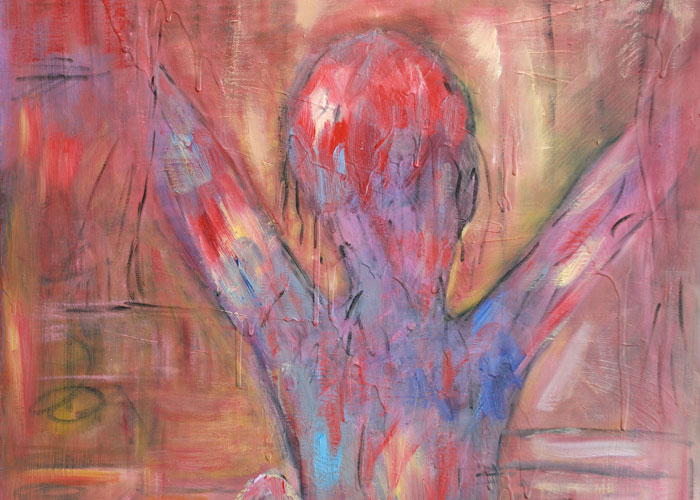Mothers & Daughters
The mother-daughter relationship is the foundation of female psychological construction of identity. Mothers mirror for daughters (and sons) the message of what it means to be a woman. Mother establishes “the early precursors of adult women’s greater capacity for relatedness, emotional closeness, and boundary flexibility—all of which are crucial to the development of empathy” (Women’s Growth in Connection, Stone Center).
Fathers & Daughters
Approval is the gift of the father to the daughter. Breaches in the father-daughter relationship render messages of ambivalence to the daughter. Absent fathers create a longing, a void, in daughters. Mending this relationship provides one key to daughters’ developmental impasses (Lamenting Lost Fathers: Adult Daughters Search for the Message of the Father, Dunn Dalton).
Mothers & Sons
The son’s first love is the mother, who teaches the son about nurturance and connection. This rosy relationship is abruptly interrupted by cultural norms that encourage sons to distance from their mothers. Sons spend a lifetime reconciling this loss (Real Boys, Pollack).
Violence Against Women
In American culture—where one in four females is assaulted, molested, or accosted by the time she is 18 years old—trust is a serious issue for women. One-fourth of marriages will experience at least one episode of violence by the end of the marriage. Intimate partner violence continues as an epidemic in spite of public awareness and diversion programs for perpetrators. One in six girls and one in nine boys are victims of incest. Post-traumatic stress disorder (PTSD) is the diagnosis of the day, but the question remains, whom does diagnosis serve? How does addiction play out in these situations? The relational-cultural model provides a theoretical model to help women take control of their lives—emotionally, mentally, and physically.
Trauma, Addiction, & Recovery
Co-occurring issues of mental health and addiction present challenges. Sorting out use of substances as a defense against early childhood and adult traumatic episodes is complicated but offers important avenues for change. Gaining control and managing impulses while designing a course for recovery involves counseling, recovery groups, and community support.
Spirituality
Enhancing personal power and honoring the history of spiritual leadership offer an alternative to traditional patriarchal models of spirituality. Reaching a higher place in one’s self enables people to self-calm and move toward self-empowerment and self-understanding.
Diversity
Recognizing the strengths of diverse culture and ethnicity in our daily lives requires self-awareness, acceptance, and an openness to change. Multicultural inclusion with specific practices requires strategy and tactics for self-education and for changing institutions. Included in diverse thinking and policy is religious tolerance and acknowledgment of variance in sexual orientation and gender.
